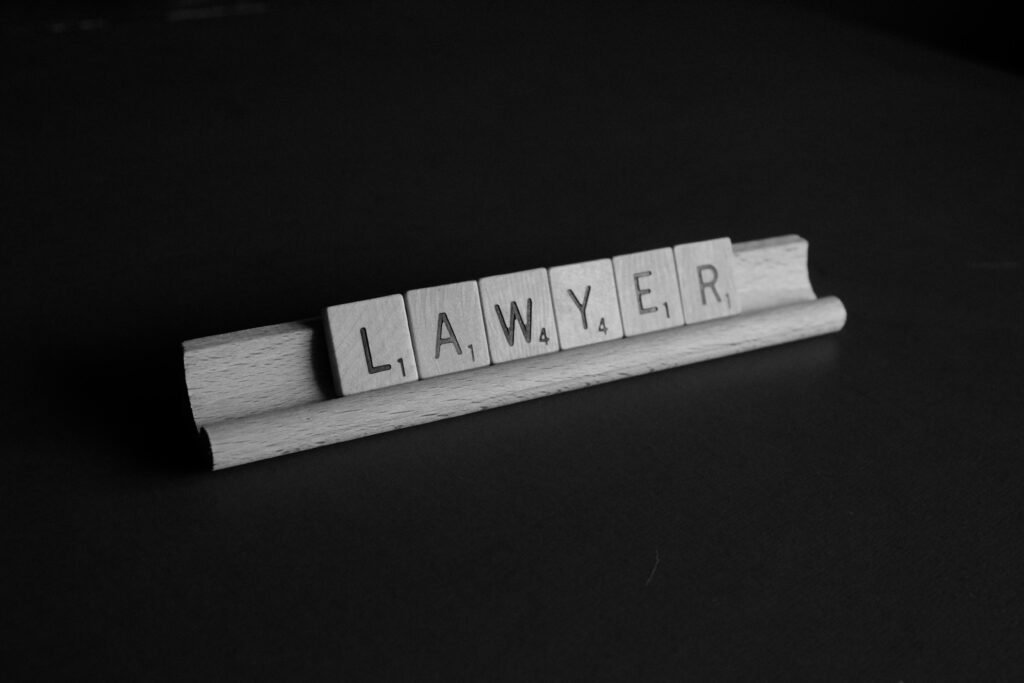
There are multiple sets of laws estate attorneys have to deal with. Many people don’t care to know these laws, and that’s fine. There is no need to quiz your attorney about everything that goes into a will, but there are some things you want to know beforehand.
It’s important to remember that no one size fits when estate planning, and you should never sign anything if your lawyer isn’t willing to answer all of your questions.
Estate planning is not an easy thing to do, but don’t shy away from any questions you might have. Here are some questions to help you get started.
Questions to Ask When Planning Your Estate
1. Who is responsible for delegating funds
There is certain information you should know about receiving an inheritance. When a person dies, if someone is named Executor in a will that person is responsible for delegating funds amongst the rest of the family.
This can come with many headaches and can be turned over to someone else to do this on your behalf.
It depends on your level of trust in your family and friends. In addition, you want someone who has good decision-making qualities and someone who is financially responsible.
For example, you don’t want to choose someone who will blow thru the money. This person is going to be responsible for delegating funds.
At the same time you can hire a third party funds manager, however, they are typically going to charge an annual fee. This is more convenient but also more expensive.
2. Do you practice estate planning only?
You will want a lawyer who only practices estate planning because they need to be current with laws. Also, since they are specifically estate lawyers, they are experts in that field and are not distracted by anything else.
3. How long have you been practicing?
I’m not going to tell you to only work with a lawyer who has been around for a while because new lawyers have to start somewhere too. However, as a seasoned lawyer they have been faced just about any challenge that could come up.
If you are going to be working with a lawyer who has gotten started just recently, make they have a lawyer who has been practicing for a while to help guide them thru any tough situations
4. Will you execute the plan?
Some law firms only draw up the estate plan but do not offer any execution services. Others can serve as the Executor or can come alongside the Executor to help the process along.
You are going to have to figure who your Executor is. This goes along with the first question. If you don’t have anybody you trust to delegate funds or don’t think they will be responsible for your estate, it is best to have a lawyer because they have no personal interest.
Questions to Ask When Receiving an Inheritance
1. How will assets be divided without a plan?
In most cases when someone dies without a will, the estate will be divided amongst the heirs or the spouse after all debts are paid. There may be exceptions to this so it is important to talk to an attorney.
2. Can my inheritance stay out of probate?
If an estate plan is structured correctly, then it may not have to go to probate. If the person passes away without the right strategy in place, it may not be possible to avoid probate. In terms of real estate and money, this can cause a lot of problems, so working with an attorney can help reduce the amount of time the assets are in probate.
3. Do I have the right to claim my spouse’s inheritance?
No, typically, an inheritance is for the named individual, not their spouse. Once the inheritance is received and is placed in a joint account, such as the family bank account, it becomes joint property, but if the spouse keeps it in a separate account without the other spouse’s name, it is not joint property.
4. Do I receive my inheritance if just one parent dies?
Depending on the estate plan structure, it may be possible. However, in most cases, the inheritance is only available if both parents die.
One exception to this rule is one parent gets married to someone who isn’t the parent of the heirs. In this case, the inheritance could go to the heirs of that parent. But, again, this depends on the plan structure, so it is always best to speak with a lawyer.
If you have questions, reach out today to get your questions answered and protect your assets or inheritance as you plan for the days and years ahead.



